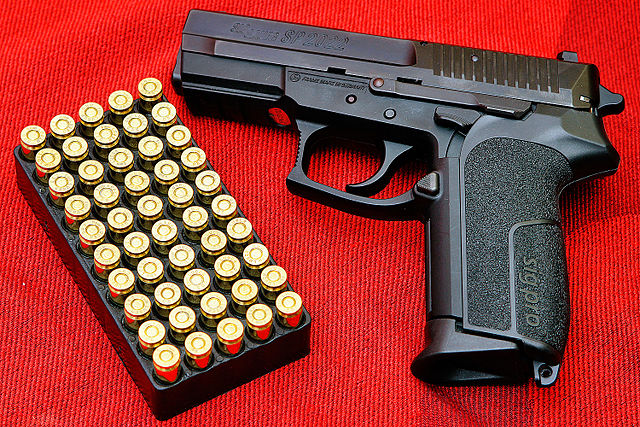The year 2020 was a watershed for gun sales. And we’re learning why.
Twenty two million were sold that year, 64% more than in 2019. More than eight million of them went to first-time gun owners, according to the firearm industry’s trade association, the National Shooting Sports Foundation.
Firearm homicides increased that year to reach 19,350, well above the 14,392 in 2019. The death count from guns, including suicides, rose to 45,222 in 2020 from 39,702 in 2019. The number of lives lost to guns rose again in 2021 to 48,830.
Congress began giving millions to federal agencies in 2021 to gather data on why Americans buy guns.
Self-defense was the top-cited reason. Those who bought guns during the pandemic—a more diverse clientele than the mostly white men who usually buy—were more likely to see the world as a dangerous place. Those planning to buy firearms were more likely to agree strongly with statements like “People can’t be trusted,” “People are not what they seem” and “You need to watch your back,” compared with those not planning a purchase.
One study by Nick Buttrick, a psychologist at the University of Wisconsin-Madison, found that for those who grew up around guns, they can serve as a source of comfort similar to that of a friend or spouse; when given small electric shocks, touching a gun-like object provided relief.
But that safety may just be an illusion. One of the earliest studies to bring attention to the danger of guns within a home was a 1993 paper in The New England Journal of Medicine that found that keeping a gun in the home brought a 2.7-fold increase in the risk of homicide; almost all of the shootings carried out by family members or intimate acquaintances. The findings have since been replicated.
Moreover, researchers are increasingly focusing on the idea that an armed person is more likely to perceive others as armed, and to respond as though he or she were threatened. It is a concept called gun embodiment, and is vulnerable to a person’s biases. One study found that participants were more likely to mistakenly think that a Black person was holding a gun than a White person.












